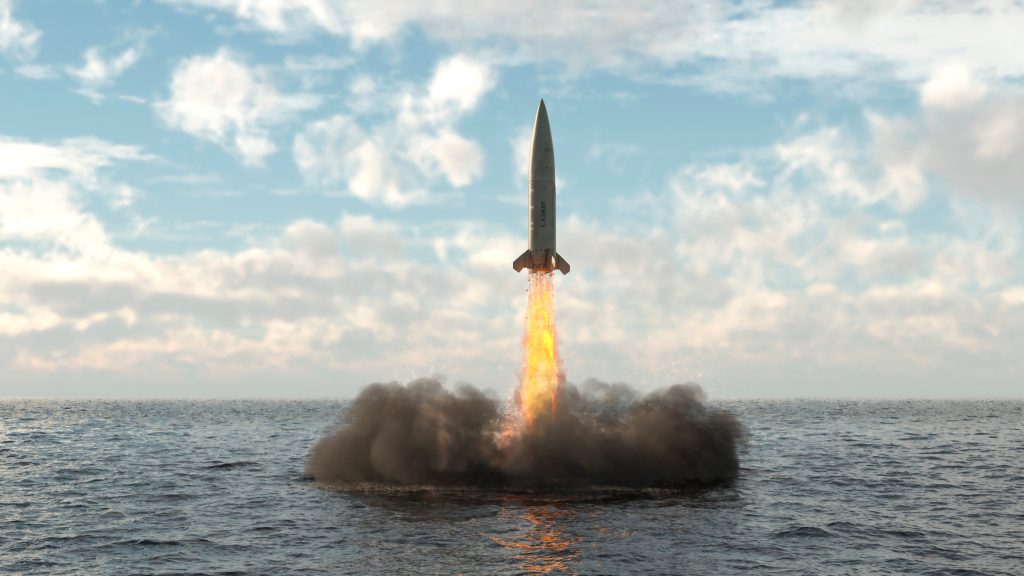Home > Greece-Cyprus-Israel Alliance: a new axis in the Eastern Mediterranean
Since the late 2000s, relations between Western countries, Israel and Turkey have become strained for several reasons. Firstly, progress in the negotiations for Turkey's entry into the EU has stalled[1]. Then, the Cypriot question is still unresolved following Turkey's categorical refusal to recognise the Greek side and to withdraw its military troops from the northern (Turkish) part of the island[2]. Finally, Turkey is increasingly turning to Palestine, which is prompting Israel to look to other countries to secure its national interests[3].
As a result of regional tensions, three countries in the Eastern Mediterranean - Greece, Cyprus and Israel - have signed important military and energy alliances[4].
Indeed, various air exercises involving the three countries, including INIOCHOS in April 2021, have taken place in Greece[5]. However, all three countries are also concerned with energy supply[6]. The gas deposits in Cypriot and Israeli waters have provided a unique opportunity not only to secure an alternative supply route to that from Russia and Turkey with the Turkish Stream pipeline, but also to reduce energy dependence on these two countries mentioned above[7]. Indeed, Cyprus, Greece and Israel have recently signed a gas pipeline project (East Med) that would link the gas fields of the Eastern Mediterranean not only to Greece, but also to Italy (!)[8]. In addition, to improve the electricity network, the three countries have resolved to build a submarine cable that would link Israel to Greece via Cyprus[9]. These trilateral projects have attracted the attention of the European Commission, which sees them as beneficial to Europe and its gas and electricity supply[10].
Of course, this alliance and its regional influence are also subject to internal and local constraints. Arab-Israeli tensions and their geopolitical consequences on the international scene have led Greece and Cyprus to maintain separate contacts with certain neighbouring countries, such as Lebanon, Palestine, as well as Egypt and Jordan[11]. However, the Abraham Accords, as well as the PHILIA Forum and the Paphos Summit, gave the Trilateral Alliance the opportunity to increase its geopolitical network in Europe as well as in the Middle East (Gulf Arab countries)[12].
Given their geographical location and potential as an East-West Mediterranean energy corridor, the Greece-Cyprus-Israel alliance can provide the West with a new geopolitical tool, and even become a new key player on the international scene in the Eastern Mediterranean. Indeed, the alliance's initiatives are not only supported by EU member states such as France and Italy, but are also attracting attention and interest on the other side of the Atlantic (USA).[13].
© 2022 All rights reserved by BRAUN


